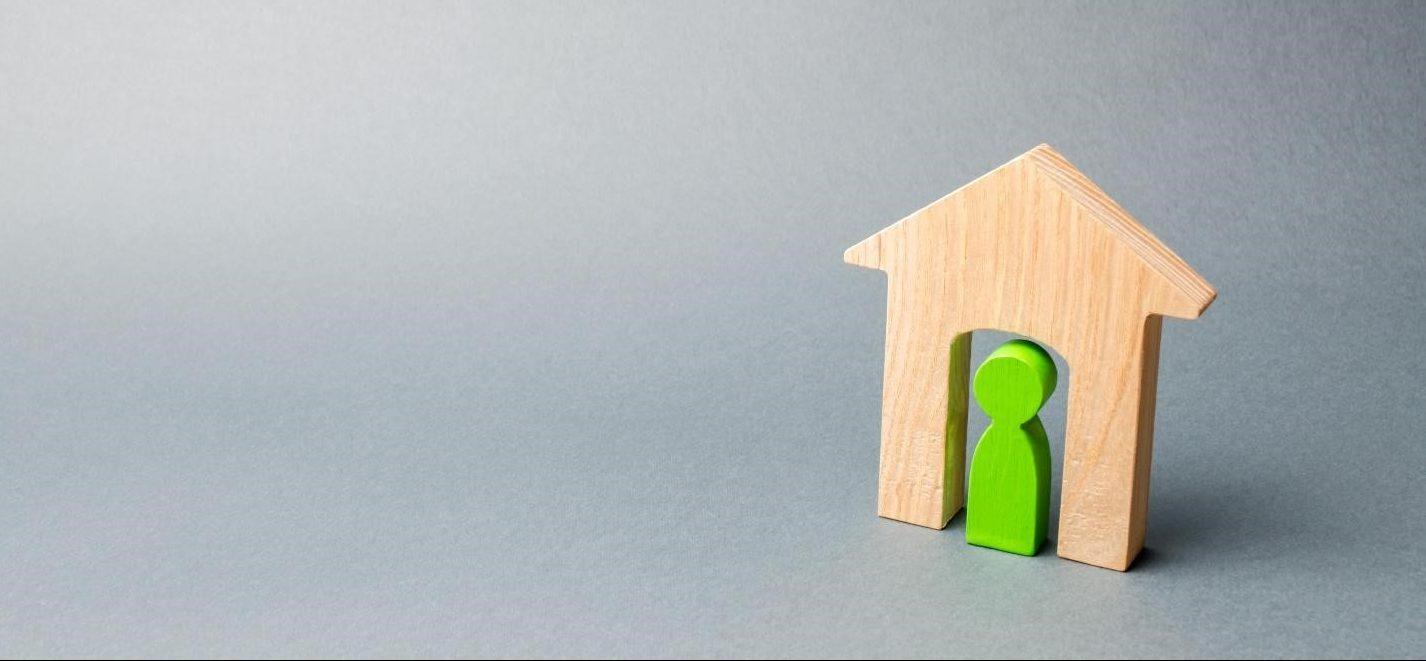
Rights and Responsibilities of NYC Tenants
By: ROS Team
New York is a city of tenants: according to the Bloomberg study, 51% of housing units in NYC are rentals. But how many of those tenants know their rights and responsibilities?
The purpose of this guide is to inform tenants about their rights and responsibilities and help them prevent disputes with the landlord.
NYC Tenant Rights:
There are two types of rent regulations in New York: Rent Controlled and Rent Stabilized. Any apartment which does not fall under these categories is considered ‘unregulated’. There are different Federal and State laws for these rent regulations. So being a tenant, your rental rights depend on the type of your apartment.

Contact the New York State Division of Housing and Community Renewal to find out which category your apartment falls under.
Rental Rights
Rent Controlled Apartments limit the rent increase at the end of a lease and prevent the right of the landlord to evict tenants. In Rent Stabilized Apartments, renters are entitled to all essential services and a landlord cannot evict tenants except on grounds allowed by law.
In an unregulated apartment, the landlord is free to set the rent. But if he/she increases rent by more than 5%, the landlord must provide advance written notice of 30 days. Whereas in a regulated unit, the owner is bound to follow the local law to settle initial and subsequent rents.
Late Rent
Rent is only considered late if it’s paid five days after the due date. The landlord may charge a maximum of 5% of your monthly rent as a late fee.
Receipt of Rent
If a tenant is paying rent by money order or cash, the landlord must provide him/her with a written receipt of the rent payment.
Exemption from Rent
Renters who have a disability or are senior citizens (aged 62 or more) may be granted certain exemptions from rent increases. You can check your eligibility for rent exemption at the NYC Department of Finance.
Lease Rights
Tenants’ lease rights depend on the type of housing in which they live. For unregulated apartments, lease renewal is at the landlord’s discretion. But if a landlord raises rent by 5% for an apartment in which a tenant is living for one year. The landlord must notify the tenant at least 30 days in advance.
In rent-regulated apartments, a tenant is entitled to a one- or two-year lease renewal. And, according to NYC rent laws, a lease must be renewed on the same terms and conditions as the original one. Furthermore, a landlord is required to inform tenants of their right to renew their leases by mail or personal delivery 90 days before the lease expires.
Eviction Rights
New York City’s law states that if a tenant is legally living in an apartment for more than 30 days, he/she can’t be evicted without a court order. If the landlord forcefully evicts a tenant, he/she may face legal penalties.
However, landlords may evict tenants if they intend to live in the apartment themselves. But still, they can’t use threats of violence for this. Instead, they must give tenants a reasonable time to collect and move out their stuff.

Repair and Maintenance Rights
One of the most difficult things about being an NYC tenant is you have to rely on someone else to make repairs timely. However, NYC Tenants Rights Guide states, “Tenants have the right to a livable, safe and sanitary apartment, a right that is implied in every written or oral residential lease.” So every NYC tenant is entitled to timely repairs and maintenance.
Tenant’s Responsibilities:
Being a renter in NYC, you also owe some level of responsibility towards your landlord and his/her property. These Responsibilities Include:
- Timely repair of any damage you’ve caused as a tenant in the unit or if a family member or guest causes damage to the property.
- Getting written approval from the landlord to share the apartment with a pet.
- Abiding by any special rules regarding guests. Bear in mind that, as a tenant, you can invite a guest without the landlord’s permission. Your guests can live in your rental up to 30 days before the landlord may assume that the person has moved in permanently. Furthermore, if a guest causes any damage to the property, the landlord may prohibit his/her entrance to the apartment.
- Following all lease terms when you are about to move out—doing so helps ensure you receive your security deposit once you vacate the unit.

Some Other Responsibilities Include:
- Reporting all repairs to the landlord timely.
- Paying the rent on time.
- Giving proper notice before moving out of the apartment.
- Not using the property for illegal activities.
- Respect your neighbors and other tenants.
Conclusion:
Whether you’re a newbie tenant or an experienced one, you need to know your rights and responsibilities. This will help you avoid a dispute with your landlord and also give you direction on how to solve a problem and enforce your rights.
Many of your responsibilities and rights will be covered by the lease. Even if they’re not, federal and local laws will protect you.
Finally, if you have any issue with the landlord, you should first try to communicate with him/her because this will help prevent many problems from occurring.
Related Article:
Landlord Responsibilities Vs. Tenant Responsibilities
Landlord Vs. Tenant: Who is Responsible for Cleaning
Rental Utilities 101: Tenant and Landlord Responsibilities



